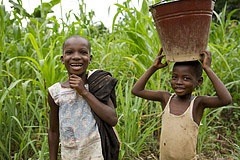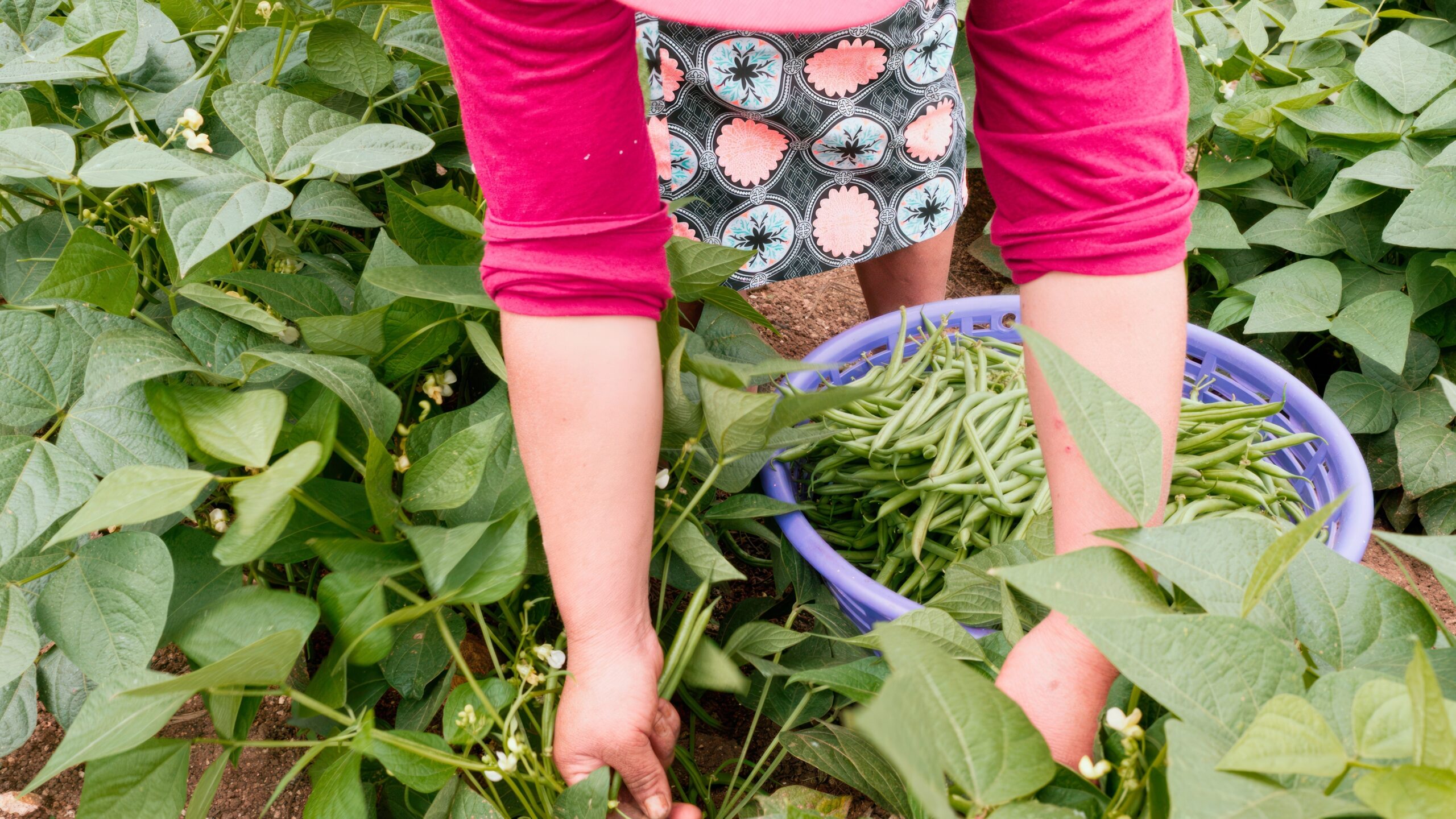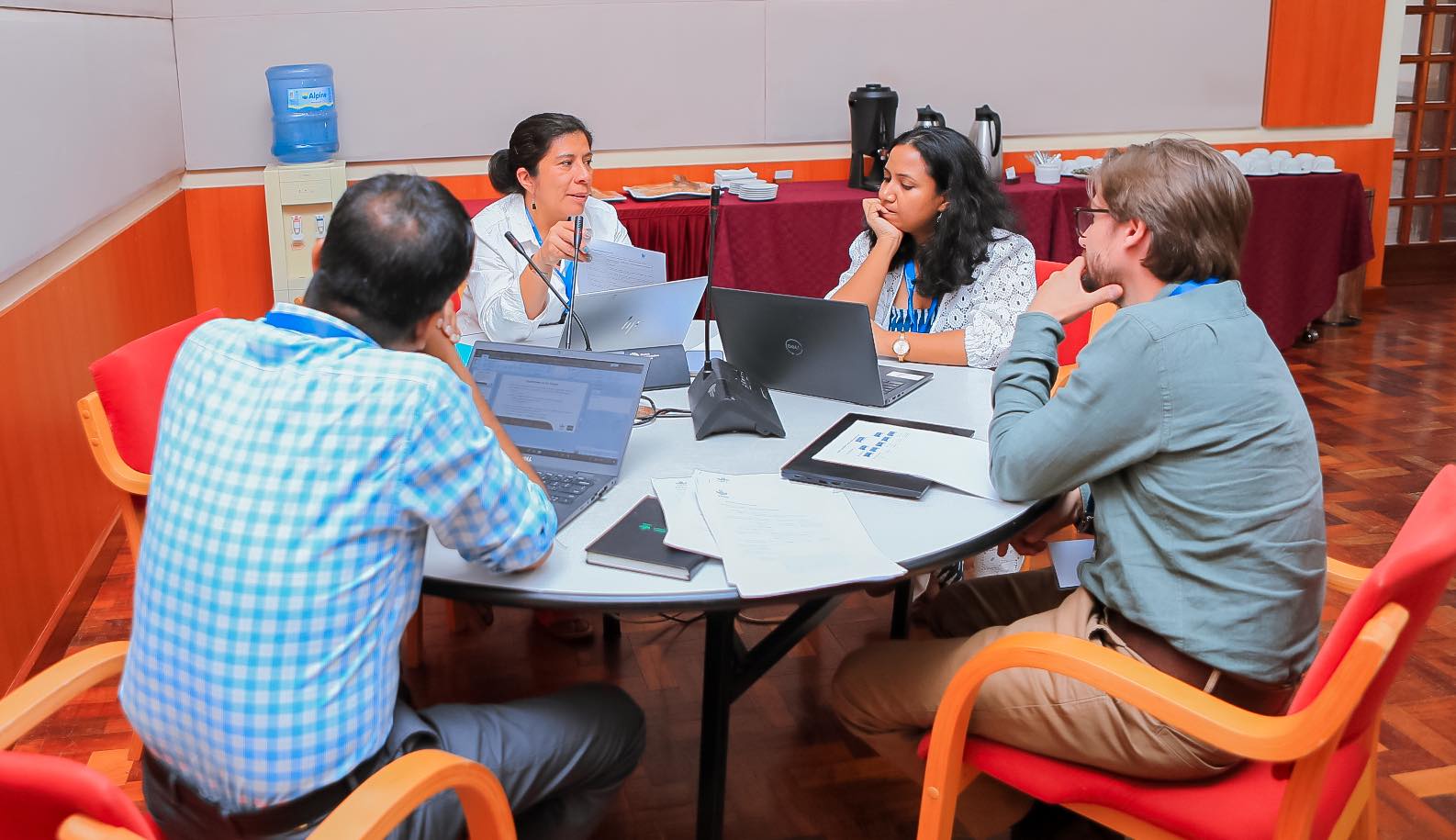At the L’Aquila G-8 summit in 2009, governments and organizations committed more than $20 billion to agriculture and rural development as a means of promoting food and nutrition security.
Within the overarching frameworks of the L’Aquila Food Security Initiative (AFSI), the Paris Declaration on Aid Effectiveness, and the Accra Agenda for Action, Ghana also committed to improving aid accountability and development effectiveness via “demand-driven development cooperation” and a “donor-coordinated approach.”
In their discussion paper, Aid Effectiveness in Ghana: How’s the L’Aquila Food Security Initiative Doing?, IFPRI researchers Samuel Benin, Tsitsi Makombe, and Michael Johnson take a closer look at how the government of Ghana, together with development partners, is navigating the AFSI implementation. The researchers set out to gauge the degree of country ownership involved in the policy and program implementation in Ghana and whether or not these funding commitments have had a positive impact on economic governance, agricultural growth, food and nutrition security, and poverty.
Analyzing publicly available data and in-country expert opinion surveys, the researchers attempted to determine the contribution of the AFSI to the achievement of Ghana’s development goals. Researchers concluded that AFSI, and interventions like it have been important in combating low agricultural productivity, chronic hunger, and pervasive undernutrition.
They found that:
- There was an increase in funding in agricultural and rural development and food and nutrition security from 2002-2011. This increase in total funding came from both official development assistance (ODA) as well as from the Ghanaian government.
- The policy and planning processes for agricultural and rural development and food and nutrition security have improved in recent years; however, insufficient data quality to monitor resource targeting, a rigid budgeting system, and weak institutional coordination remain a challenge to the achievement of development results.
- From 1990 to 2010, Ghana increased agricultural production by 3.5 percent per year on average and, since 1992, has witnessed declining poverty rates. Food prices have risen as a result of the 2008 and 2011 food crises, yet producer prices have largely bottomed out.
Related materials







